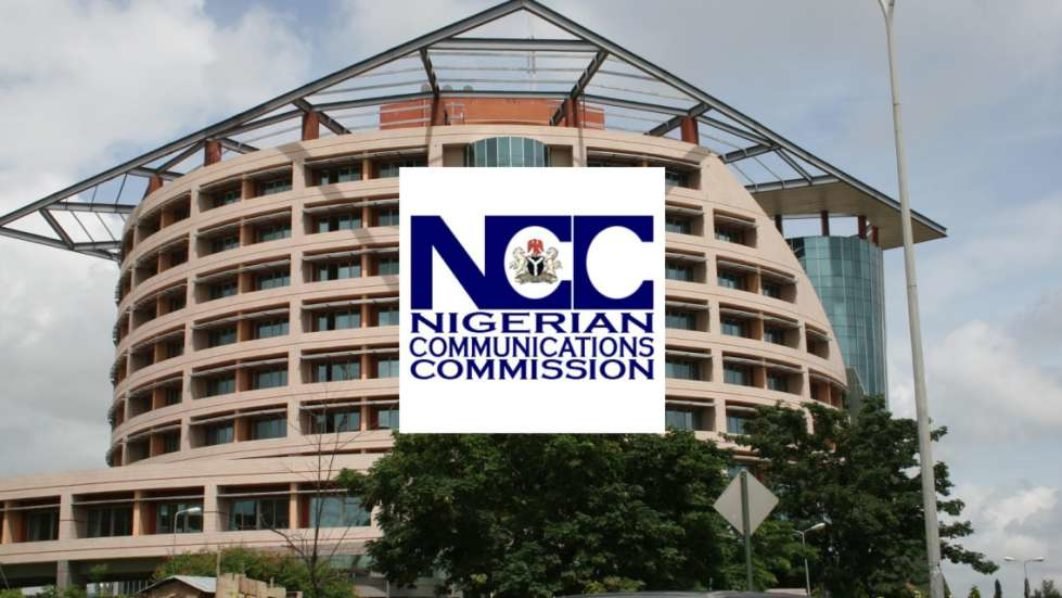Are Nigerian telecom subscribers on the brink of an affordability crisis? The National Association of Telecommunications Subscribers (NATCOMS) has vowed to take legal action against the Nigerian Communications Commission’s (NCC) recent decision to approve a 50% tariff hike. This controversial move, which has sparked widespread criticism, threatens to impact businesses, education, and millions of individuals across the country who rely on affordable telecommunications services for daily operations.
Speaking to the News Agency of Nigeria (NAN) in Lagos, the President of NATCOMS, Mr. Deolu Ogunbanjo, expressed dismay over the NCC’s decision, highlighting that the association, a key stakeholder representing telecom subscribers nationwide, was not consulted. Ogunbanjo emphasized that while NATCOMS recognizes the financial strain facing the telecommunications sector, the 50% tariff hike is both excessive and unjustifiable, especially in a nation where the economy is already grappling with significant inflationary pressures.
According to Ogunbanjo, NATCOMS had previously proposed a more balanced solution, suggesting a modest tariff increase of 5% to 10%, which would help stabilize the telecom industry without placing an unbearable financial burden on subscribers. He argued that the 50% hike, sanctioned by the federal government and the NCC, is not only disproportionate but also likely to create a domino effect of increased operational costs across various sectors of the economy, from the largest corporations to small businesses such as Point of Service (POS) operators.
He further explained that the telecommunications industry is an indispensable part of the country’s infrastructure, powering everything from business operations and banking to education and healthcare. Ogunbanjo lamented that the NCC’s decision ignores the critical role telecom services play in sustaining Nigeria’s economy. He stated that telecom services are no longer a luxury but a necessity that millions of Nigerians depend on daily. With the sector contributing significantly to Nigeria’s Gross Domestic Product (GDP), he argued that decisions regarding tariff adjustments should be carefully considered to ensure minimal disruption to consumers and businesses alike.
In its defense, the NCC released an official statement signed by its Director of Public Affairs, Dr. Reuben Muoka, explaining the rationale behind the decision. According to the commission, the 50% tariff adjustment is a compromise, as telecom operators had initially requested a 100% increase due to rising operational costs. The NCC justified its decision by citing its mandate under Section 108 of the Nigerian Communications Act, 2003, which grants the commission authority to regulate and approve tariff rates. It also claimed that extensive consultations were held with key stakeholders across the public and private sectors before the decision was made.
The NCC stated that the adjustments were necessary to ensure the sustainability of the telecommunications industry, allowing operators to continue investing in infrastructure, improving service quality, and expanding connectivity across the country. It added that the decision was taken with the interest of consumers in mind, emphasizing that the adjustments would ultimately benefit users through better network services, enhanced customer experience, and increased coverage.
However, these assurances have done little to placate NATCOMS and millions of subscribers. Ogunbanjo criticized the NCC for failing to explore alternative funding options for the telecom sector. He proposed that operators could raise funds by floating Initial Public Offers (IPOs) on the Nigerian Exchange, allowing Nigerians to become shareholders in telecom companies. This approach, he argued, would enable operators to secure the necessary capital without imposing additional financial burdens on consumers.
Ogunbanjo also highlighted the broader economic implications of the tariff hike. With Nigerians already grappling with high inflation, rising fuel costs, and a weakened currency, he warned that the increase in telecom tariffs could exacerbate financial hardships for households and businesses alike. For small businesses, especially POS operators and small-scale enterprises that rely heavily on affordable telecom services, the tariff hike could lead to higher operational costs, reduced profit margins, and potential business closures.
In response to the NCC’s decision, NATCOMS has announced its intention to challenge the tariff hike in court. Ogunbanjo vowed to defend the interests of telecom subscribers, stating that the association would not stand by while millions of Nigerians are pushed further into financial distress. He described the 50% tariff hike as a “no-go” for subscribers, insisting that the decision must be reviewed to reflect a more equitable balance between the needs of the telecom industry and the financial realities of consumers.
The upcoming legal battle between NATCOMS and the NCC has the potential to reshape the regulatory landscape for Nigeria’s telecommunications sector. If successful, NATCOMS’ challenge could set a precedent for how tariff adjustments and other regulatory decisions are made in the future, ensuring greater transparency and stakeholder involvement.
This issue underscores the broader challenges facing Nigeria’s telecom sector, which is grappling with rising operational costs, increased demand for services, and the need for continuous investment in infrastructure. As the debate over the tariff hike continues, all eyes will be on the courts to determine whether the interests of consumers will ultimately prevail.
This development also serves as a call to action for Nigerians to engage more actively in the regulatory processes that affect their lives. By staying informed and voicing their concerns, citizens can play a crucial role in shaping policies that impact their daily lives and the broader economy.
Stay updated on this critical issue and other impactful stories by subscribing to Innovation Times. Get exclusive news, expert insights, and in-depth analysis on innovation, leadership, entrepreneurship, and business trends. Visit www.innovationtimes.com and sign up today to stay ahead in the rapidly evolving world of technology and business.



